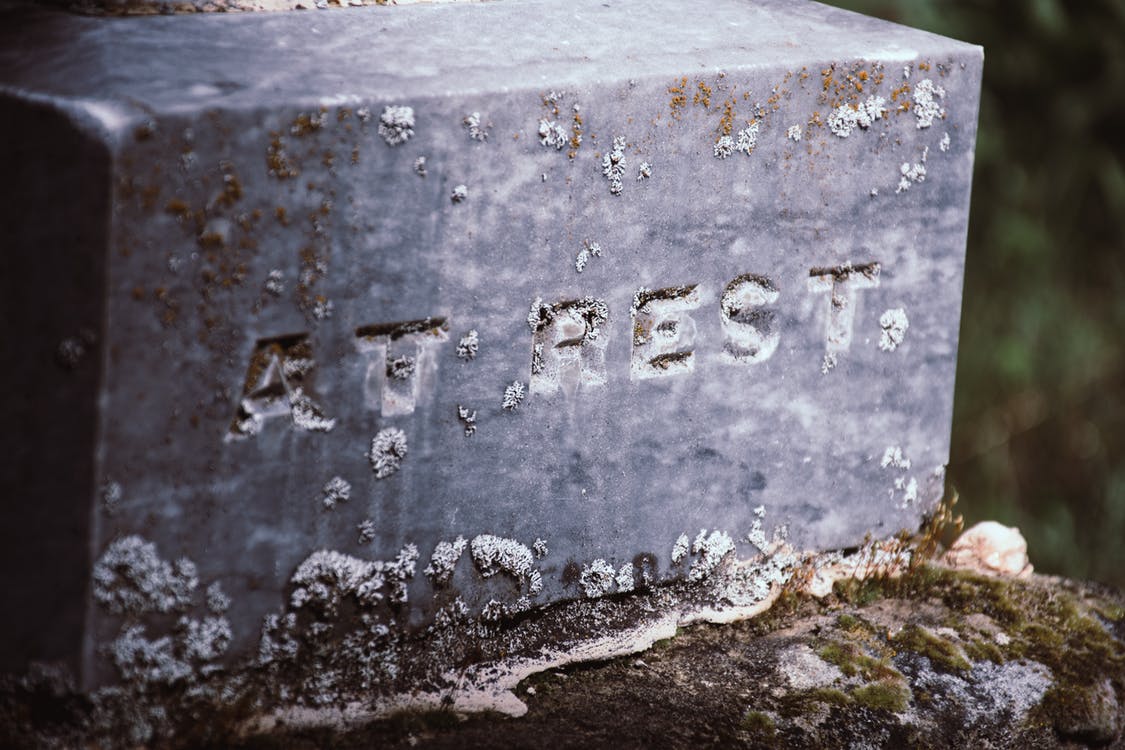1099-C and Debt Forgiveness
Bankruptcy is a powerful tool. The law is written in such a way to relieve that maximum amount of burden from the debtor while also being fair to creditors. One of the most powerful tools in the bankruptcy code is 26 U.S. Code § 108. This part of the code says that all debt discharged in bankruptcy is tax free, even if you get a 1099-C from the creditor. The bottom line is this…
Debt discharged in bankruptcy is not taxable.
1099-C
The way our tax code is written prioritizes forgiven debt as income. If a creditor forgives your debt, they are supposed to send you a 1099-C reporting the forgiven debt as income, which is taxable.
Some examples of debts that get cancelled:
- a short sale;
- compromising a debt
- lender compliance the federal government;
- Debts included in a bankruptcy; or
- Mortgages in a foreclosure.
Lenders are more or less bound to send a 1099-C when they do something that could be considered cancelling a debt. One thing to remember is, they aren’t tax professionals and they don’t know for sure if the event was even taxable. They just report the transaction to the IRS.
The 1099-C you get is not the final word. Just a report that the IRS has been notified.
The Exceptions
Under the law, debt that is cancelled is treated as though you received that much money in cash and that “franken-cash” you “got” is then taxable as income according to the IRS.
The exception to that rule is found in the aforementioned federal statute. Under that statute, the IRS may not recognize that as income under two situations,
- The person who owed the debt was insolvent at the time the debt was forgiven, or
- The discharge of the debt occurred as a result of a bankruptcy case.
Rebutting the 1099-C
To avoid the 1099-C you will have to file a form with the IRS. That form will exclude the forgiven debts from the 1099-C from your income. The form is simple and I provide a link to it here.
In the form, the first exceptions is as follows:
Discharge of indebtedness in a title 11 case
That sounds complicated but Title 11 is where the bankruptcy code is found. This is your way out of the 1099-C if you completed your bankruptcy.
Insolvency
Chances are, if you’re insolvent you should be filing bankruptcy, but that’s the topic of a different blog post. If you’re insolvent at the time a debt is forgiven you are also able to exclude the 1099-C debt from your income. This just takes a little more work.
The form includes a worksheet to see if you actually are insolvent according to the definition laid out by the law. You fill out the worksheet and then you have your answer.
Additionally, if you don’t have personal liability for the debt then the forgiveness of that debt does not constitute a taxable event. It’s like the debt never even happened.
If you’re in trouble and need help figuring out what to make of your individual situation, call us. We’ve helped thousands of people work through their debts and come out with a fresh start.


